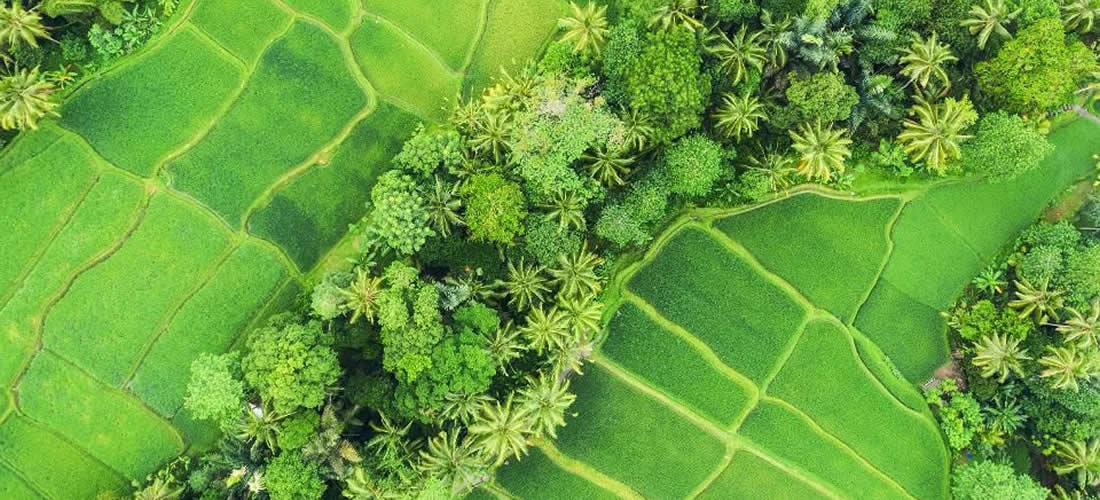WBCSD’s Managing Director of Food and Nature, Diane Holdorf, spoke to Forbes about how we can transform our food systems to feed an ever-growing population without outstripping the resources of the planet. Business has a key role to play and Diane discusses some of the pilots currently underway as part of the Food & Nature program at WBCSD.
There’s a moment during my grocery shopping that I’ll call supermarket aisle paralysis. I hold two jars next to each other in the florescent light, scanning their minuscule print for clues. Or I hover in the bulk section holding almonds in a tentative hand. (They’re healthy, right? But what about how much water they take to grow?) For an increasing number of consumers like me, who value both health and environmental sustainability, it can be difficult to make informed food choices.
This is beginning to change. That’s partly thanks to important new science-based evidence on the dietary choices that support environmental sustainability. It’s also due to the efforts of sophisticated players like the World Business Council for Sustainable Development (WBCSD), a global, CEO-led organization of over 200 businesses working to accelerate the transition to a sustainable world. I spoke with Diane Holdorf, WBCSD’s Managing Director for Food and Nature, about their market-based initiatives to link human and planetary health.
Lorin Fries: WBCSD and its partners have set out a new vision for the food and land use system. What prompted you to do so?
Diane Holdorf: We’re in transformative times. The pace of change is accelerating. Our future depends on our ability to create a system that supports both healthy people and a healthy planet – goals that have traditionally been disconnected. We’ve been able to produce huge amounts of food for the world’s people, and there are solutions that will enable us to feed an ever-growing population. But our current systems are outstripping the resources of our planet. There are urgent issues to address at this intersection.
Fries: Your work is inspired by a report published in January 2019. What’s important about that study?
Holdorf: The EAT-Lancet Commission publication is the first that sets out science targets that integrate healthy diets in planetary boundaries. Health systems, policies and diets have often been completely disconnected from how we produce food. The report asks what it will take to feed ten million people with nutritious food within the capacities of our planet.
 Cs
Cs